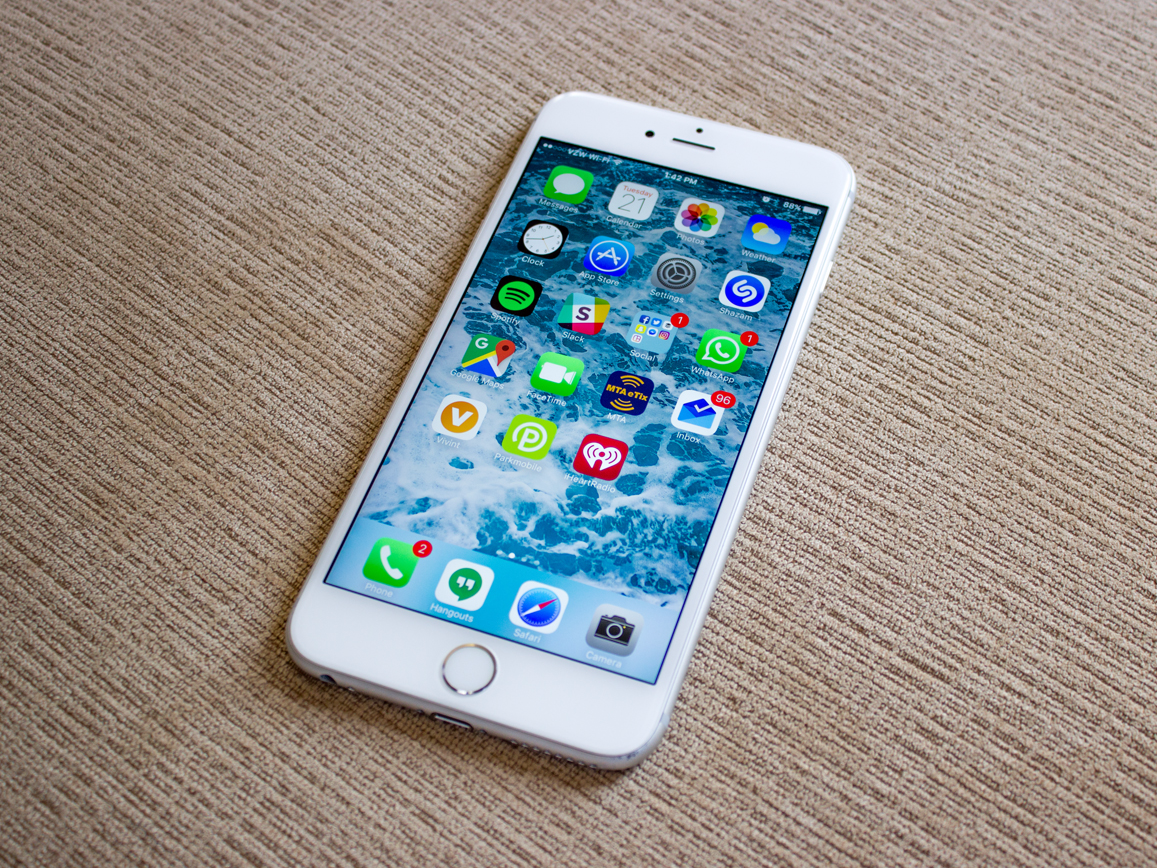Apple physically makes its items difficult to fix in a wide cluster of ways, and this week may have brought confirmation that Apple is also fighting to keep annoying laws from testing the status as usual. It appears an Apple lobbyist has quietly figured out how to get California to delay its right-to-repair bill until 2020 at the soonest, partly by feeding fears of exploding batteries should purchasers attempt to fix their iPhones.
As motherboard first announced yesterday so that we talk to a worker there, a lobbyist who works directly for Apple recently met with members of the California express Assembly’s Privacy and Consumer Protection Committee, which was thinking about the bill. The lobbyist argued that purchasers might hurt themselves on the off chance that they accidentally cut the flammable lithium-ion batteries in their phones, which could occur in the course of the simpler repairs this bill was intended to enable.
“IT BECAME CLEAR THAT THE BILL WOULD NOT HAVE THE SUPPORT IT NEEDED TODAY.”
In light of the weight, the bill’s co-sponsor pulled it from the committee on Tuesday, saying it might be considered again in January 2020. “While this was not a simple decision, it turned out to be clear that the bill would not have the help it required today, and manufacturers had sufficiently sown uncertainly with vague and unbacked claims of protection and security concerns,” said California Assemblymember Susan Talamantes Eggman, who originally presented the bill in March 2018 and again in March 2019.
Apple sold $31 billion worth of iPhones last quarter alone, and that’s a quarter when iPhone deals slowed, so the company has a solid interest for ensuring you continue purchasing new handsets as opposed to repairing them or replacing the batteries. A year ago, when upwards of 11 million clients may have not expected to buy a new iPhone because of limited battery replacements, Apple conceded that those $29 batteries were one of the reasons for declining sales.
Customarily, we haven’t seen much evidence that makers like Apple have directly attempted to impact lawmakers, rather than voicing their desires through bigger, generic industry support bunches like CompTIA — until today.
As per sources in the California State Assembly who is the committee members met with Apple lobbyist Rod Diridon, who’s recorded as Apple’s senior manager of “State and Local Government Affairs — West.” He’s likewise listed as an Apple lobbyist at CompTIA’s website, and he has all the earmarks of being the same Rod Diridon Jr. who suddenly left his job as the city assistant for Santa Clara, California a year ago, a town whose border keeps running along the edge of Apple’s new “spaceship” Apple Park headquarters.
FIRE RISK WASN’T APPLE’S WHOLE PITCH
One staff member in the California state Assembly reveals to The Verge that Diridon didn’t really focus on the flame risk and that the inside and out admitted a ton would need to run out wrong with a repair before a battery would essentially catch fire. Different points incorporated the difficulty of opening the phone and the risk of breaking the screen.
However, one might point out that if Apple needed to make the phones more secure to repair, it could organize to make that process less troublesome. Apple declined to remark for this story, yet the sales pitch in the company’s 2019 Environmental Responsibility Report makes it entirely clear the company would much rather you pay Apple to fix your phone for a variety of reasons:
To ensure that repairs are performed securely, safely, and to the most elevated quality, we continuously train and guarantee service channel workforce, with more than 265,000 active trained personnel. Our suppliers perform diagnostics and adjustment to target repairs precisely, maintaining a strategic distance from pointless service and replacements of parts. At the point when new parts are required, just genuine Apple parts are used, so fixed devices work precisely the way they should. And all Apple-certified repairs are supported by Apple.
I couldn’t achieve Apple’s Diridon to affirm that’s the thinking, however, I did reach two of his rivals — iFixit co-founder Kyle Wiens and US PIRG right-to-repair campaign director Nathan Proctor, who was also at the state capital yesterday lobbying the committee to drive the bill through.
When I ask iFixit co-founder Kyle Wiens about the probability of puncturing an iPhone battery amid a repair, he laughs — even while admitting it’s conceivable. The issue, Wiens explains, is that it once in a while happens in the real world.
LITHIUM-ION BATTERIES DO CATCH FIRE WHEN PUNCTURED
“Millions of people have done iPhone fixes using iFixit guides, and people overwhelmingly repair these phones effectively,” says Wiens. “The only people I’ve seen harem themselves with an iPhone are those with a broken screen, cutting their finger.”
Additionally, it’s just as simple — may be simpler — to seriously harmed yourself fixing things where it’s broadly accepted that people will repair them on their own. Regardless of whether it uses gasoline or a lithium-ion battery, particularly every car has a flammable liquid inside. You can also get severely hurt in any case you’re changing a tire and your car moves off the jack, Wiens points out.
“We live in a world where that risk is being managed constantly; we don’t have to imagine an arbitrary barrier to the fix of the stuff we possess,” says Proctor.
Repairing products should be desirable to wasting them, Proctor includes. He points out an EPA measurement from 2009 about how 141 million cellphones are disposed of a year, of which just 8% were recycled.
Delegate says that it looked like right-to-repair was set to have the help it required this year in California until simply the most recent few weeks when Apple and others stepped up. “As you draw near to the hearing date, there’s a major push, a big surge of restriction lobbying, saying things that are truly scary to legislators like ‘fire chance.’ They don’t want us to have sufficient time to follow up,” he says.
And it was that very late push, we understand, that persuaded the bill’s support she expected to address these new fears before gambling a conceivable “no” vote on right-to-repair.
Also Read:
-
TalkLife – Lonely, Stressed or Anxious? Get help! For PC (Windows & MAC)
-
Smoke Free, quit smoking now and stop for good For PC (Windows & MAC)
-
The Foldable Motorola Razr Looks Mind Blowing in These Leaked Renders
Here’s the reminder of the statement from Assembly member Eggman, the bill’s support:
I feel that we are on the correct side of this problem and that at last, the bill will prevail. Unfortunately, presenting it today would not propel the problem because it would jeopardize our chance to continue working on the bill next year. I will be working with members of the committee in the coming a long time to verify the support help to make the Right to Repair a reality in California.
Presently, California will have to wait one more year — until January 2020 — to check whether the political will can be mustered.



